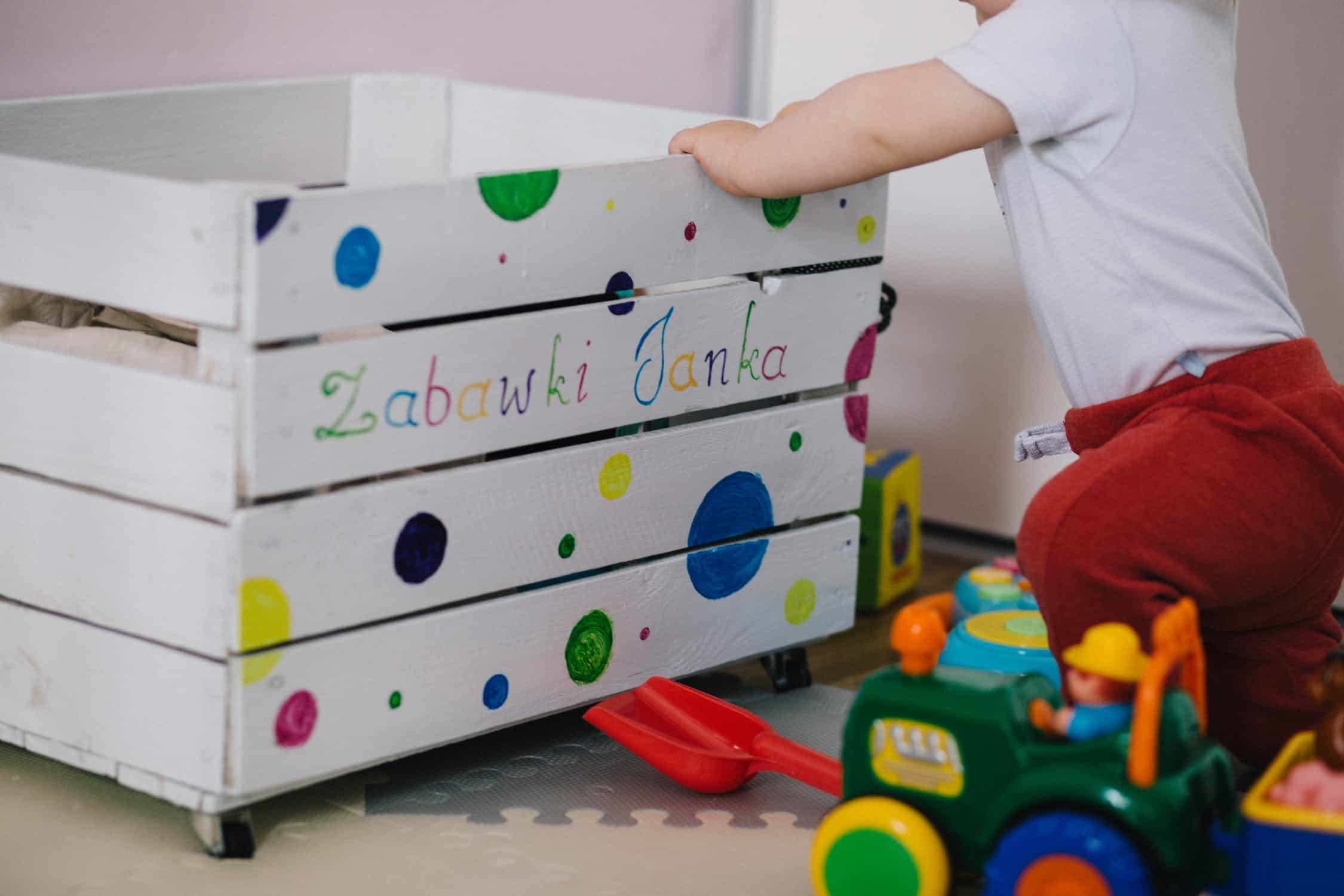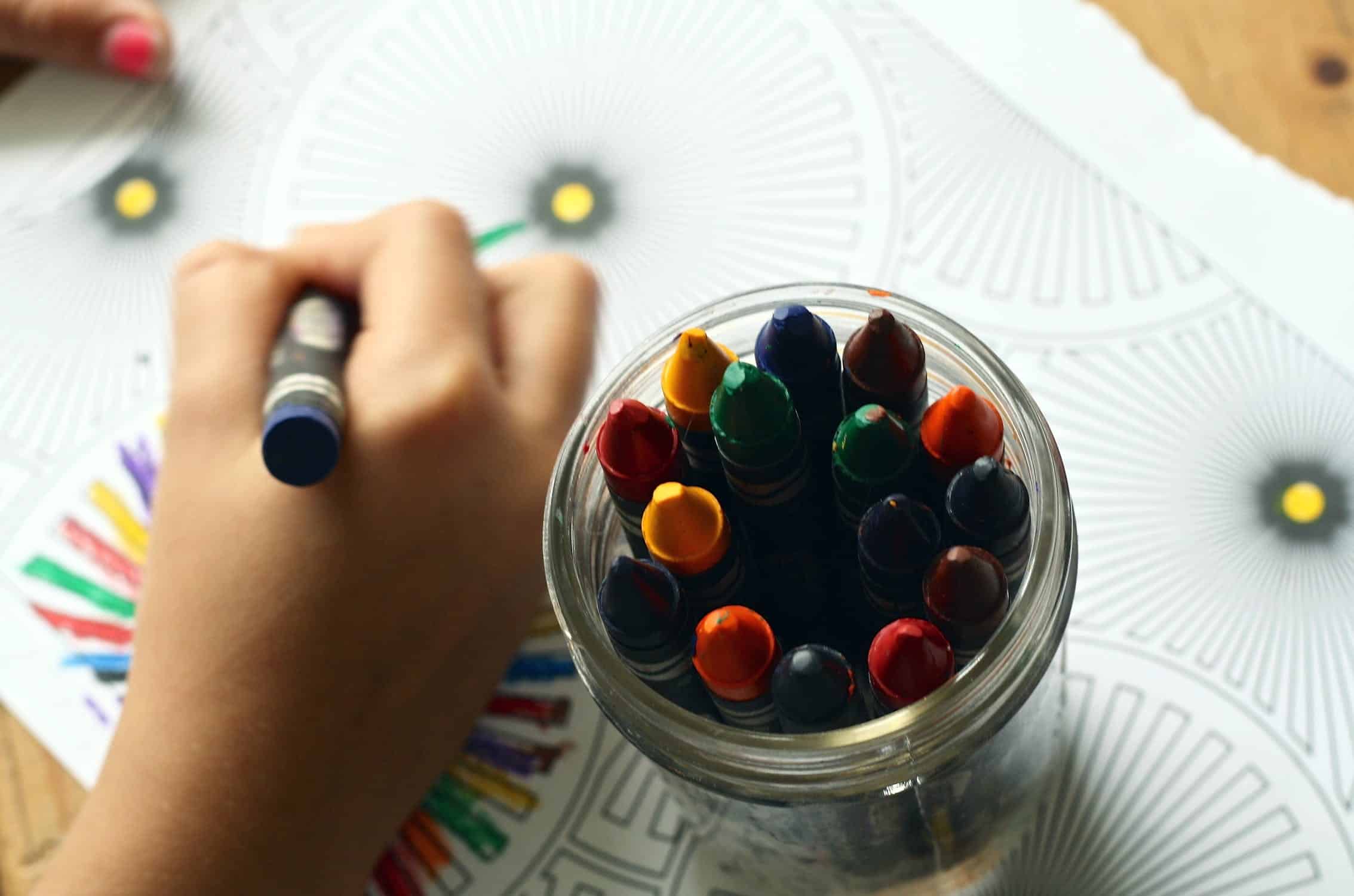As your kids look up at you with a questioning look in their eye, you know that the question that soon follows will be, “What am I supposed to do?”
From an early age, many children become accustomed to structure. While in school, they likely know how each day will pan out hour-by-hour. But, letting going of structure and having fun without a pre-established plan is just as important, too.
What Is Unstructured Play?
As the name indicates, unstructured play is a form of playing that invites children to explore without a specific end goal — or without structure.
Rather than establishing rules or telling a child that they should arrive at a specific end product when playing, the unstructured play invites kids to play freely in their own unique and fun way.
Some examples of unstructured play include:
- Painting, drawing or coloring on blank paper
- Building with blocks
- Singing
Oftentimes, unstructured play will begin with a child’s own initiative. However, parents can do their own part in encouraging this form of activity, too. The goal is to promote play time that doesn’t have rigid structure or direction in order to allow children to develop their social skills while enjoying cognitive and emotional growth.

Why Unstructured Play Matters in the Home
You may think that structure is vital for a child. Teaching them rules and order is an important part of helping them transition into adulthood after all, right?
While the structure is sometimes necessary, and an overabundance of rules can prevent a child from tapping into their full potential.
Free play matters because it serves a vital role in helping children grow emotionally, for instance. So while you may think that rules are necessary when children play games or enjoy group events, research suggests otherwise. Children who engage in the unstructured play learn to identify when self-regulation behavior is necessary and will modify their actions as a result.
Plus, unstructured play helps children develop a better understanding of the world that surrounds them. They’ll be much more likely to engage in play and explore — enhancing their creativity and sense of inventiveness.
With more free will to do as they please, unstructured play promotes healthy fitness in children, too. It’s vital to instill a love for fitness in kids at an early age since it can help moderate childhood obesity and other health issues.
Simple Ways to Promote Unstructured Play
Now that you know why unstructured play is vital, you may be ready to delve right in. But, how exactly do you encourage play outside of a schedule or set of rules? Here are a few tips and tricks that will help you promote unstructured play in your home with ease.
- Don’t Fear Mess: Sometimes, unstructured means messy. Whether your kids are oozing more Elmer’s glue onto their outfit than their projects or an evening of meal prep leads to endless flour on the floor, remember that there isn’t a single mess that can’t be cleaned up. Don’t scold messes or establish too many rules to avoid hindering your child’s unstructured play time.
- Have “No-Screen” Times: When you’re busy or want to keep your kids quietly engaged, it’s easy to break out your smartphone or tablet and let them play a few apps or watch some tv. However, too much screen time can damage a child’s creativity and inhibit their sense of discovery. Establish days or times of “no screen time” is crucial when promoting unstructured play because it promotes a sense of creativity and exploration in your kids.
- Stop Saying No: Sometimes, saying no is necessary. But when children hear the word no while playing, it can stifle their desire to play. As long as a child isn’t hurting themselves or others, watch their eyes light up as you say yes. Whether you give them the go-ahead to make a fort in the living room or to go out and play in the rain, they’re guaranteed to have fun.
- Let Them Problem-Solve: Kids can easily get accustomed to having their problems solve for them. When they have an inquiry or request, allow them the time to solve the issue themselves instead. They’ll feel accomplished while developing independence and discovery skills, too.
- Go Outdoors: The inside world is full of physical barriers and limitations. Outside, children are much more likely to explore limitless possibilities when it comes to engaging their imagination and exploration capabilities. Plan an outdoor event and bring a few props, including crayons, building blocks and sketchbooks. With a few objects and the open outdoors, children are sure to tap into their full sense of exploration.
Bringing unstructured play into the lives of children can help them grow their sense of curiosity towards the world that surrounds them. Not only will they have fun in the moment of play, but they’ll gain crucial life skills that will help them as they continue to prosper and grow.
